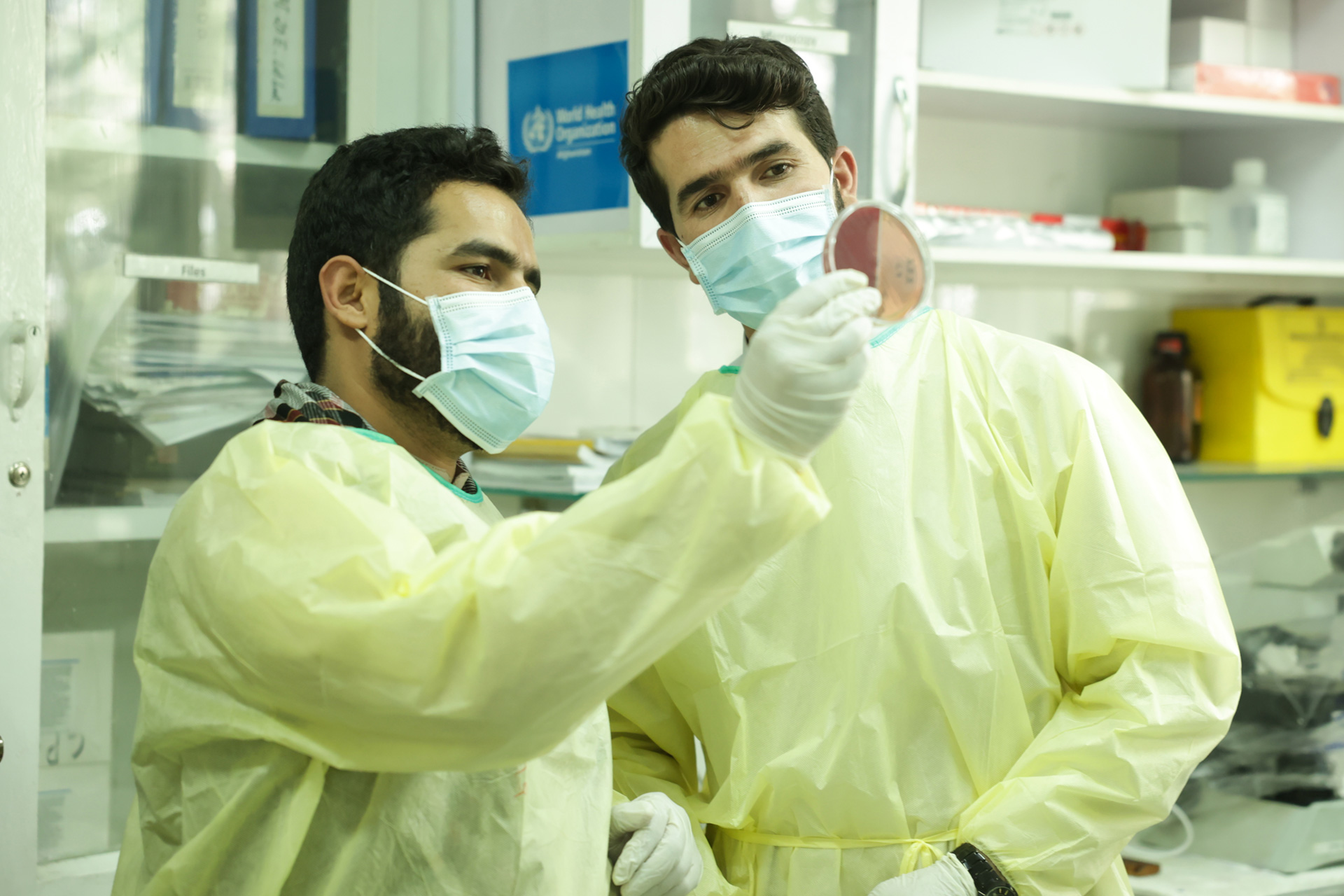
3 September 2025, Cairo, Egypt — In response to the urgent– and growing — risk antimicrobial resistance (AMR) positions to international health and wellness, development and safety, the Globe Health Company (WHO) is establishing a brand-new International Action Intend on AMR (AMR SPACE 2.0) in accordance with Resolution WHA 77 6 and the 2024 UN Political Statement on AMR
As part of the process of framing the future of international AMR policy, the that Regional Workplace for the Eastern Mediterranean convened an appointment with Participant States this week to review and give feedback on the absolutely no draft of the brand-new plan. The appointment looks for to ensure that regional perspectives, top priorities and difficulties are mirrored in the international approach.
In her opening statements to health and wellness leaders from across the Region that gathered in Cairo for the event, Regional Director for the Eastern Mediterranean Dr Hanan Balkhy called for a practically robust, operationally useful and socially fair plan that deals with the social factors and sex measurements of AMR and makes sure that the Area’s demands are totally mirrored in worldwide top priorities and source appropriation.
The assessment brought together more than 70 individuals from ministries of wellness, national AMR and infection prevention and control (IPC) focal points and research laboratory and One Wellness professionals from 20 countries.
Objectives of the assessment included reviewing the AMR space zero draft, determining regional concerns and execution challenges and settling feedback and suggestions from Member States.
Individuals took part in thorough discussions focused on priority issues, consisting of surveillance, fair access to antimicrobials, capacity-building, governance and local coordination devices.
The end results of the examination will inform alterations to the Strategy, resulting in an extra receptive, inclusive and workable worldwide AMR structure and strengthening local positioning and possession of the global AMR program.